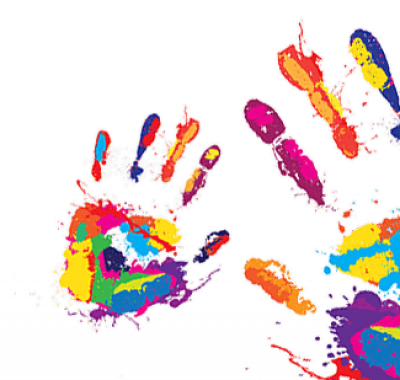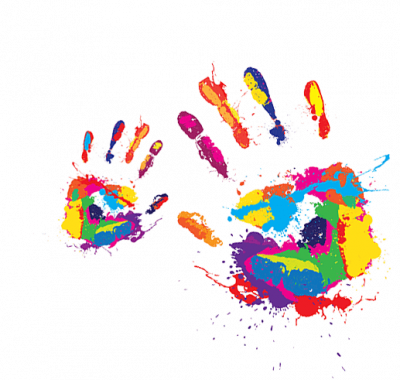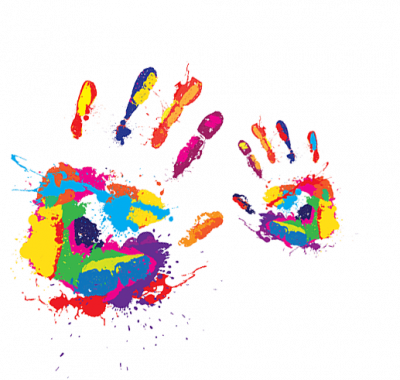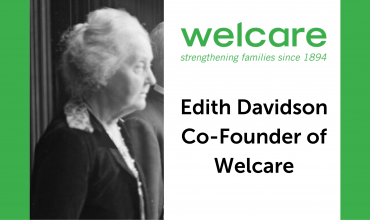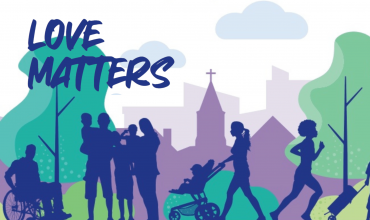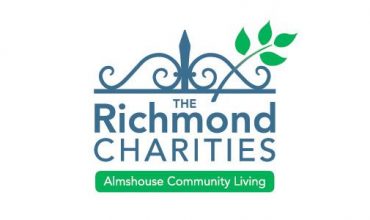Welcare works with a diverse range of families and children from many different cultural and ethnic backgrounds, and we recognise the importance of trying to reflect this diversity in our staffing team. We encourage all our staff to celebrating our differences and learn from each other’s experiences.
This October as part of Black History Month we are celebrating our black staff members and all they contribute to the work of Welcare. We have taken some time to chat with James Komeh, Senior Family Support Worker, and ask him a few questions about his work at Welcare, with focus on his experience working with fathers on our Caring Dads programme, and his 1:1 work with children and creating a more positive relationship with their fathers. Keep reading to see what he said…
Tell us a bit about yourself, what is your background?
My family are originally from Sierra Leone, West Africa. I was born in the United Kingdom. I studied BSc Social Work and I have been working in the social care industry for the last 8 years in various sectors. I am also a dad to two amazing, wonderful boys.
What is your role at Welcare?
My role at Welcare is as a Senior Family Support Worker. This entails delivering work with children and families in Inner London. I also facilitated group work programmes in partnership with schools and the Caring Dads programme.
Do you feel that you have had any additional barriers working in the child and family charitable sector due to being a black man?
No. I love what I do, and I do not see barriers in anything that I do, only opportunities for me to learn further and grow.
What is the Caring Dads programme and how does it help fathers, particularly those from black or other ethnic minorities?
Caring Dads is a group intervention programme aiming to help fathers improve their relationship with their children and to develop positive parenting skills. The programme enables fathers to learn skills to cope in healthy ways with hard situations, understand how their choices and ways of being a father affect children, and to increase awareness about how their behaviours and attitudes that can be harmful to children. Ethnicity doesn’t really play a part in Caring Dads and each father has different life experience – you have to take a holistic approach to individual fathers and their families. However, saying that, I do think Caring Dads is a good resource for all fathers from black and ethnic minorities.
In your 1:1 work with children, tell us about a time you have helped a child understand their relationship with their father better?
I worked with a young person who was recovering from trauma due to witnessing domestic violence from his parents, perpetrated by his father. As so many children who are involved in conflict between parents, they are faced with the difficult task of dealing with the experiences and still loving their parents as this is the norm. This young person was aware of the wrongs that dad did, however, still had love for his dad and wanted a relationship with him. The barriers between the young person and his dad were communication, the young person wanted his dad to listen to him without being judgmental and for dad to understand his lived experienced and the emotions he was feeling, therefore, to have closure and start a healthy relationship with dad. The intervention and work were to support the young person in understanding emotions, the triggers of emotions, understanding past trauma’s and not blaming himself for any part of the conflict between his parents. We also worked on ways that the young person could communicate to dad, what he was feeling and the things he would like for dad to do and take into consideration.
How would you encourage other men, particularly those from black or other ethnic minorities to work in the child and family charitable sector?
In my opinion it is imperative that children/families have both female and male role models in their lives, especially children who are from single family households. For this reason, I believe the industry needs a balance of female and male professionals. I feel that bringing a male perspective to the eco system in an unbiased way adds positive solution to the healing process of a family or child. I will advocate to colleges, universities, and various media outlets to speak to the community and stress the importance of a balanced work force, that reflects family’s dynamics, and to recruit positive male and female role models that will champion the work of building the family unit for a healthier society.
Do you have any additional comments or advice?
I believe that I found my purpose, and every day I learn new ways of improving not only my professional work, but also my personal development. I love what I do, and it gives me the utmost satisfaction. I look forward to growing and reaching the highest heights I can in fulfilling my purpose.
Thank you, James, for all you do for Welcare and the thoughtful, caring, and tactful approach you take to working with the children and families Welcare supports. You are a star!
